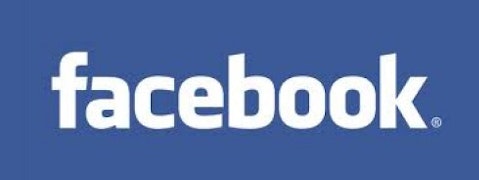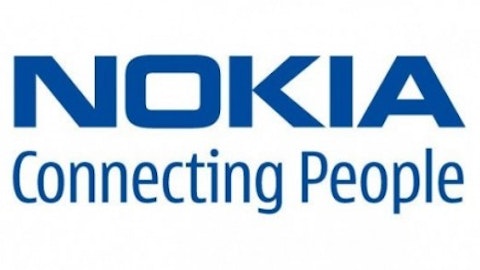Ever since Facebook Inc (NASDAQ:FB)’s IPO in 2012, investors and industry specialists have exhibited diverging sentiments on the stock’s future. Fears that the stock may be overvalued have become the staple among the bearish fold. Yet again, those bullish on Facebook reiterate the fact that mobile ad revenue, a key growth pillar for the company, increased sequentially from 23% to 30% of total ad revenue in the past quarter. In the thick of this tug of war between bulls and bears, one critical challenge that seemingly passes by as a mere speed bump for Facebook Inc (NASDAQ:FB) is emerging. Startups may soon sink a hole in Facebook’s ship.
On the face of it, the threat of startups gnawing into Facebook Inc (NASDAQ:FB)’s user base passes by as mirage in the horizon. However even as of this writing, it is happening; worse still, under the nose of investors and industry specialists. One key indicator is Facebook’s stalled user-base growth rate over the past two years. Since 2011 to date, the number of monthly active users that Facebook Inc (NASDAQ:FB) has added each quarter has revolved around 55 million. Although market saturation in key markets is a top reason for the reduced momentum, competition from startups is also a leading factor.
The edge that startups have is that unlike Facebook Inc (NASDAQ:FB), which already has a defined structure, they can take a form that best penetrates the market. This explains why most startups are creating strong selling points for their products.
Privacy continues to be a compelling selling point
Privacy concerns have for a long time been a thorn in the flesh of Facebook. Although the $57 billion company has learned to fend off pressure over privacy concerns, there is only so much that it can do considering that it already has a defined structure. Startups, on the other hand, are capitalizing on their greenness and advancing chat, photo-sharing and video-calling solutions for niche markets in private environments. Bloomberg reports that a section of tech startups in Europe are convinced that the growing need for social privacy will bring Facebook down to its knees. At London’s Digital Shoreditch festival, Ali Ahmed ,CEO of Lutebox, a photo sharing app with an emphatic stance on privacy, had this to say.
“Private apps are dominating the social media scene by shifting behavior away from broadcasting over Facebook and more towards private, personal engagements with your friends.”
Personally, I agree. The proliferation of private apps is simply overwhelming. Popular apps like Whatsapp are now being viewed as core competitors to Facebook. In fact, in developed countries, Facebook is merely a prelude to private apps where users spend most of their time.
All over the industry, companies with stakes in the Internet are prioritizing privacy. Google Inc (NASDAQ:GOOG) recently made the news following the alleged lawsuit from the U.S. Justice department. Apparently, the tech giant refused to give in to the FBI’s demand for confidential user data, sparking the April 22 lawsuit which only came to light the other week through CNET. Google Inc (NASDAQ:GOOG) is known to always comply with the authorities. This time however, it prioritized the privacy of its users and took the high road. In my opinion, this move was well thought considering all the privacy scuffles that shadowed Google in the past year.
Zynga Inc (NASDAQ:ZNGA) is also doing a lot to enhance privacy. The gaming company, which recently slashed its workforce by 18% to contain costs, has in the past distanced itself from Facebook. Initially, players had to log in through Facebook. This however raised privacy concerns for the Farmville publisher as players argued that logging in via Facebook did little to protect their privacy. In view of this, Zynga Inc (NASDAQ:ZNGA) created its own independent gateway that not only protected the identity of its users but diversified competition outside users’ friend list. As of this writing, Zynga is going through some major cost cuts. In addition to reducing its work force by 520 employees, it is closing down its offices in Dallas, Los Angeles and New York.





